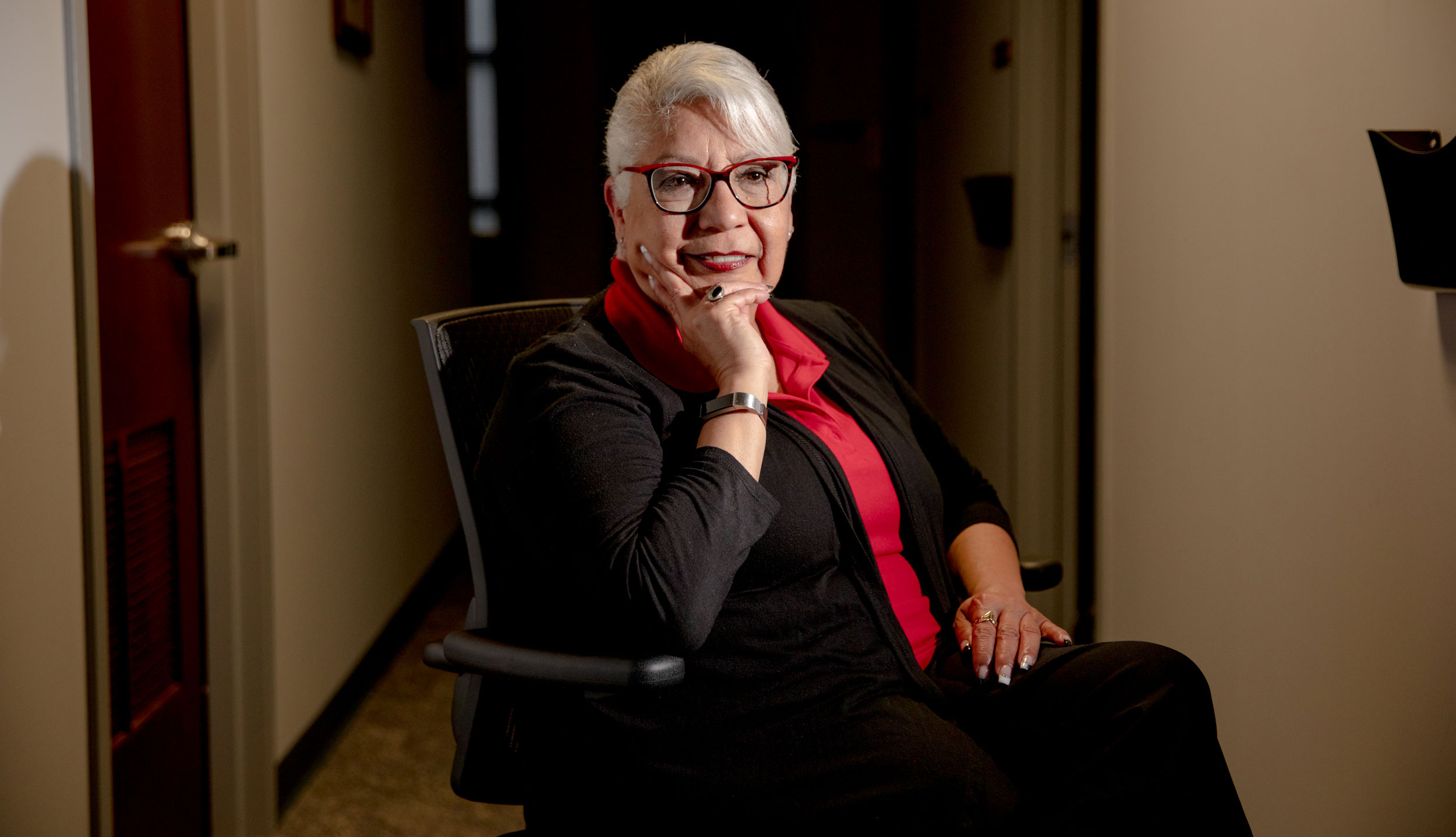AARP Hearing Center

Barbara Munck, 70, felt cut off from the world, sitting at home alone during the early weeks of the COVID-19 pandemic. That is, until she began volunteering for AARP Connecticut’s tech team.
The retired Yale University administrator learned how to set up Zoom conferences, monitor chat rooms and introduce webinar speakers on topics ranging from ’70s music to the James Webb Space Telescope.
“AARP was a lifesaver,” says Munck, of North Haven. “I was going to lose my mind.”
She is one of about 160 AARP volunteers around the state. In particular, AARP Connecticut is always seeking more advocacy volunteers to push for legislation that would help improve the lives of older residents.
“We can’t accomplish our mission without our volunteers,” says Nora Duncan, AARP Connecticut’s state director. “There’s not enough staff to get the job done. Our volunteers are essential.”
Munck often volunteers 15 to 20 hours a week. Doing so, she says, has enriched her life, taught her technical skills and led to new friendships.
Research shows that volunteering has health and wellness benefits. A 2020 study by Harvard University researchers found that older adults who volunteered as -little as 100 hours a year had a reduced risk of early death, a higher level of physical activity and a more positive outlook on life than those who did not volunteer.
More help always needed
AARP Connecticut relies on advocacy volunteers such as Tim Ryan, 70, of Trumbull.
A retired corporate accountant, Ryan says he never imagined moderating a debate for a state Senate race or meeting with a congressman to push for the limiting of prescription drug prices. But as part of his AARP work, he has met politicians at all levels. He also advocated for the creation of MyCTSavings, a state-facilitated retirement savings program for private-sector workers.
Ryan volunteers for several groups but particularly enjoys his 10 hours a week with AARP.
“They are very positive, supportive people,” he says. “I learn a lot.”
Malinda Polite, 75, has volunteered with AARP for about a decade. Her most recent work centers on fighting ageism. Those over-the-hill birthday cards that are in the humor section of the greeting card shelves? A boss telling an employee over the age of 50 that a younger worker should do the job? Both are examples of ageism, Polite says.
Polite, who lives in Stamford, trains other volunteers to go into the community and bring attention to ageism. She says it is so commonly accepted that most people don’t recognize it.
Marilyn Diaz, 66, of Windsor, has volunteered with AARP for about nine years. The retired federal employee leads outreach to the Hispanic community, recruiting Spanish-speaking volunteers to help with bilingual presentations.
She also helps with voter outreach to Spanish-speaking residents. One woman who had moved from her home to a nursing home in another city wasn’t sure how to register to vote. Diaz talked her through the process.
“She made a difference and voted,” Diaz says. “And she made a difference in my life in terms of making me feel good.”
To become a volunteer, call (860) 548-3171 or email mesmith@aarp.org. Please include a call back number with any email correspondence, so an AARP staff member can reach out.
Hear from the four volunteers featured in this story and more about volunteering with AARP in Connecticut in this story that is also published on our website.
Cristina Rouvalis is a writer living in Pittsburgh.
For more on AARP's advocacy efforts































































